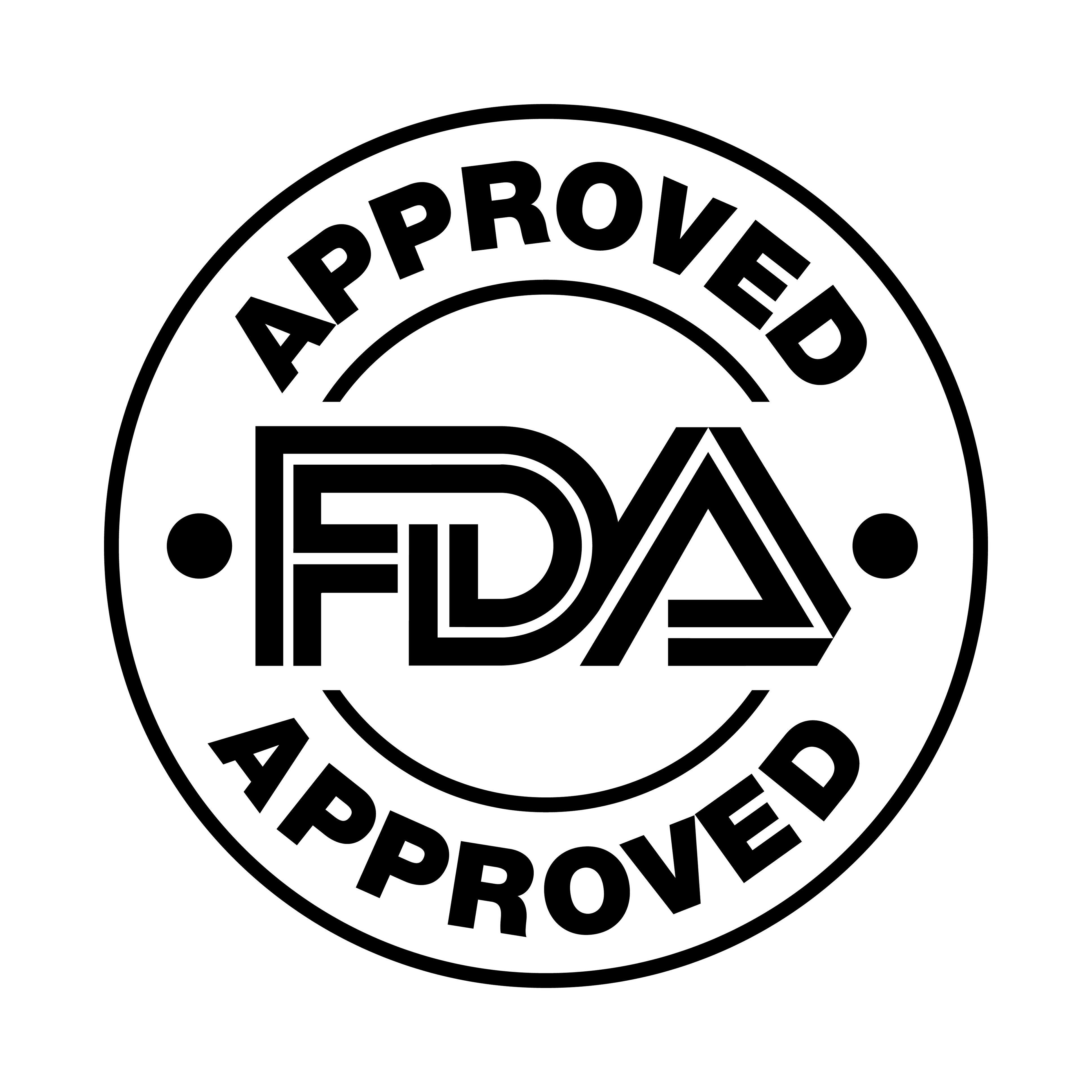Article highlights
- FDA has approved nedosiran injection (Rivfloza) for children aged 9 years and older with primary hyperoxaluria type 1 (PH1) and preserved kidney function, lowering urinary oxalate levels.
- PH1, a rare genetic disease causing oxalate overproduction, affects 1 in 38,000 individuals globally, primarily damaging kidneys.
- Nedosiran, a monthly RNA interference therapy, inhibits liver enzyme lactate dehydrogenase, key in oxalate production.
- Clinical trials (PHYOX2, PHYOX 3) showed significant reduction in 24-hour urinary oxalate excretion in patients receiving nedosiran.
- Common adverse reactions include injection site issues; safety and efficacy in children under 9 years are unknown.
The FDA has approved nedosiran injection (Rivfloza; Novo Nordisk) 80 mg, 128 mg, or 160 mg, for children aged 9 years and older with primary hyperoxaluria type 1 (PH1) and preserved kidney function to lower urinary oxalate levels. Nedosiran is a once-monthly subcutaneous ribonucleic acid interference (RNAi) therapy designed to inhibit the expression of liver enzyme lactate dehydrogenase, Novo Nordisk stated in an October 2023 press release.
Primary hyperoxaluria (PH), a rare genetic disease that results in the overproduction of the oxalate by the liver, affects an estimated 1 in 38,000 individuals around the world. The most clinically prevalent—approximately 80% of all PH patients—is PH1, which is also the most severe of the 3 PH subtypes. The metabolic disorder primarily affects the kidneys and can lead to progressive kidney damage. Overall, there is an estimated 2000 people living with PH1 in the United States.
“RNA interference is a proven treatment approach for individuals with PH1. With the approval of [nedosiran], we now have a novel treatment that lowers oxalate production safely and effectively,” said David S. Goldfarb, MD, clinical chief, Nephrology, NYU Langone Medical Center, Professor of Medicine and Physiology, NYU Grossman School of Medicine. “Using the GalXC RNAi platform, [nedosiran] targets the liver-specific lactate dehydrogenase enzyme, which is the final step of oxalate production in PH1.”
Data from pivotal phase 2 PHYOX2 clinical trial (NCT03847909) and interim data from the ongoing PHYOX 3 phase 3 extension study (NCT04042402) led to the FDA approval of nedosiran. The primary endpoint, a marked reduction from baseline in 24-hour urinary oxalate (Uox) excretion from day 90 to day 180, was met in the phase 2 trial. Twenty-three patients received nedosiran and 12 received placebo once per month for 6 months. Using an area under the curve (AUC) analysis, the percent change from baseline in 24-hour Uox was measured. Results demonstrated that the least squares (LS) mean between group difference of AUC 24-hour Uox was 4976, a significant difference between nedosiran- and placebo-treated groups over the 90 days (95% CI: 2803, 7149 [P < .0001]). 24-hour Uox excretion reductions were maintained in the 13 patients with PH1 in the extension study, who had received an additional 6 months of treatment with nedosiran. Reported in 20% of patients or more, the most common adverse reaction was injection site reactions such as pain, bruising, rash, reddening, or dimple at injection site.
Novo Nordisk states it is not known if the newly approved prescription injection is safe and effective in children younger than 9 years.
Reference:
FDA approves Rivfloza for children ≥9 years old and adults living with primary hyperoxaluria type 1 (PH1), a rare genetic condition. Novo Nordisk. Press release. October 2, 2023. Accessed October 5, 2023. https://www.prnewswire.com/news-releases/fda-approves-rivfloza-for-children-9-years-old-and-adults-living-with-primary-hyperoxaluria-type-1-ph1-a-rare-genetic-condition-301944564.html
